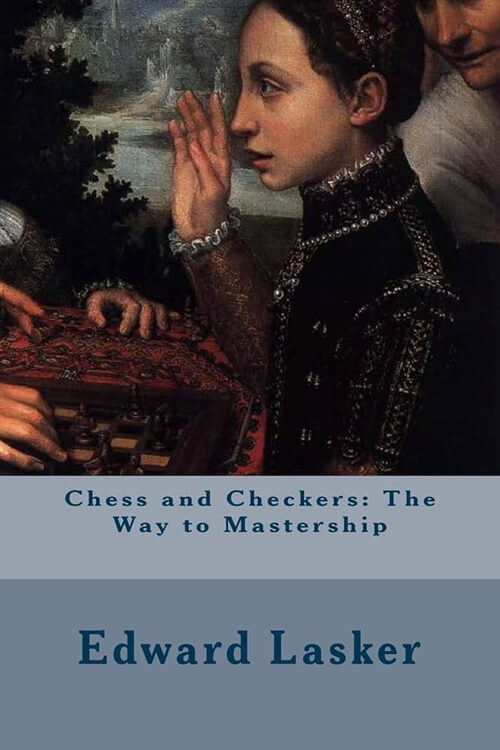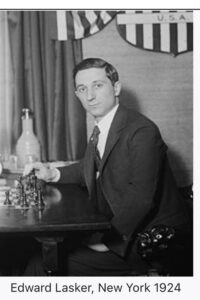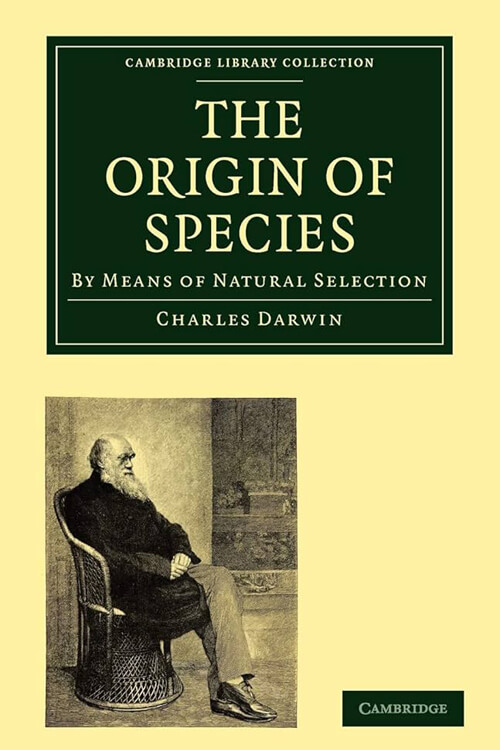
Chess and Checkers: The Way to Mastership
The present world war has given great impetus to the game of Chess. In the prison camps, in the field hospitals, in the training camps, and even in the trenches, Chess has become a favorite occupation in hours of leisure, not only because it offers a most fascinating pastime but mainly because it serves beyond any doubt to develop what is now the most exciting study for every soldier—the grasp of the principles underlying military strategy and the ability to conceive and to carry out military operations on a large scale. Frederick the Great, Napoleon, and Moltke, the great scientists of war, had a decided liking for the game of Chess and owed many an inspiration that helped them lay out their military plans. Indeed, no other game exists that offers such complete analogies to war. Two armies oppose each other on the Chessboard, composed of different units that may well be compared with infantry, cavalry, and artillery.
The success of the operations on the board, which represents the battlefield, does not depend upon any element of chance but solely upon the ingenuity and the skill of the players who are the commanders-in-chief of the forces. Although a Chess game differs from a battle in that the material strength of the opponents is equal, the order of events is the same in Chess as in war. The troops are first mobilized and made ready for action with utmost speed. Then, essential positions are occupied, giving the forces freedom of action and ensuring safe lines of retreat; finally, when the enemy’s formation is known, the strategic plan is made, which the generals try to carry out using different tactical maneuvers.
Read or download Book
Edward Lasker
Edward Lasker (born Eduard Lasker) (December 3, 1885 – March 25, 1981) was a German-American chess and Go player.
Biography
He was awarded the title of International Master of Chess by FIDE. Lasker was a professional engineer and an author of books on Go, chess, and checkers. Born in Prussia, he emigrated to the United States in 1914. He was distantly related to World Chess Champion Emanuel Lasker, with whom he is sometimes confused. Lasker was born in Kempen, Province of Posen, Prussia, German Empire (present-day Kępno, Poland), the son of Sigismund Lasker and Flora Bornstein. He studied in Breslau (now Wrocław) and Charlottenburg (now part of Berlin). Lasker earned undergraduate Mechanical and Electrical Engineering degrees at the Technical College of Charlottenburg, graduating in 1910. Before World War I he moved first to London and then, in 1914 shortly after the outbreak of war, to the U.S., the birthplace of his mother. He found a job in Chicago as a safety engineer for Sears & Roebuck. When the United States entered the war in 1917, he was sent enlistment papers, but with the right of exemption as a German.
He waived his right to exemption, which he said would grant his American citizenship more quickly; however, the war was over before he was called up to military service. In 1921–23, he invented a mechanical breast pump, which saved many premature infants’ lives and made Lasker much money, although it caused his friends to refer to him facetiously as “the chess player.”






